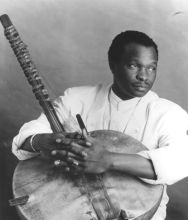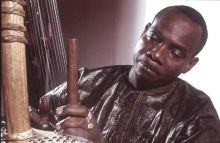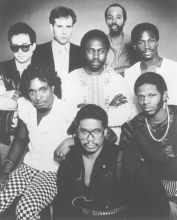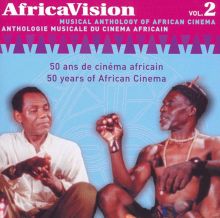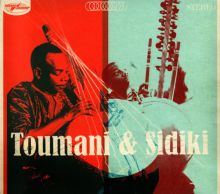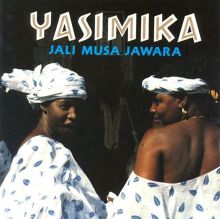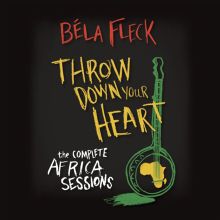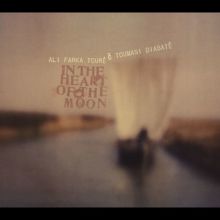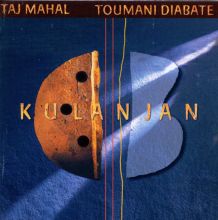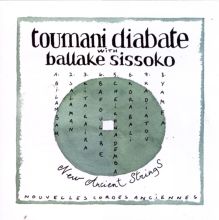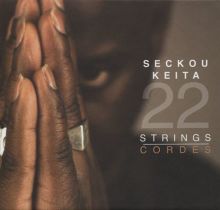International
•
West African
»
Kora
The kora of the Mande, an ethnic group in West Africa -- particularly in Gambia, Mali, and Guinea -- is a beautiful, fretless, harp-lute instrument with a sound box made of a large calabash gourd that was cut in half and covered with thin animal skin. Twenty-one strings are ttached to the long rosewood neck. The kora player usually sits or stands, holding the kora in a upright position with the bottom of the instrument resting lightly against his body and the strings facing him directly. He plays with both hands, plucking the strings like one would a harp, and producing different patterns on each hand which combine to create a melodious and rhythmic sound. Played by the jeli -- the hereditary musicians of the Mande -- this instrument is often accompanied by a female jeli singer. Sometimes the kora player sings praises to the gods, or heroic songs like the famous Sunjata epic. Most likely because of its accessible sound to Western audiences, the kora has become a popular African instrument. Recordings of acoustic kora playing are as equally appealing to an international audience, as is the more recent electrified kora. In Gambia, a small country along the Gambia river in Senegal, the kora is particularly important, representing Gambia's national identity and helping to attract tourists to the region. Artists Dembo Konte, Malamini Jobarteh, and Kausu Kouyate are just a few of the kora players from Gambia who perform at home and abroad. Foday Musa Suso has collaborated with American musician Herbie Hancock to create a kora-based musical fusion. In Mali, Sidiki Diabate and his son Toumani Diabate perform traditional kora. Toumani Diabate has toured Europe, playing kora with other musical forms, such as a Spanish flamenco-rock group. This collaborative effort resulted in the group Songhai. The flamenco guitar, kora, and songs in both Bambara and Spanish create a truly unique sound. Other artists, such as Mory Kante from Guinea, play kora or kora melodies on electric guitar and other instruments.
